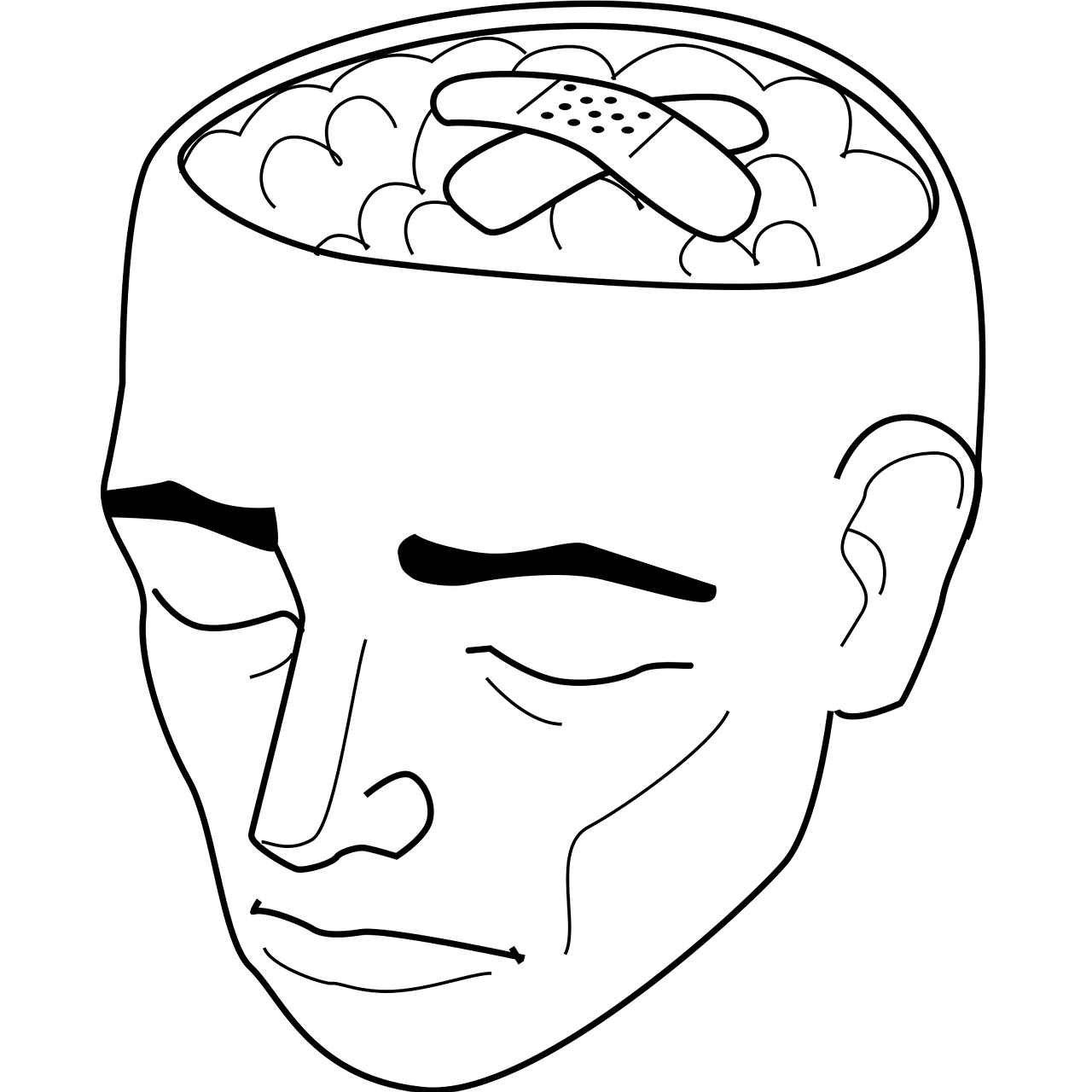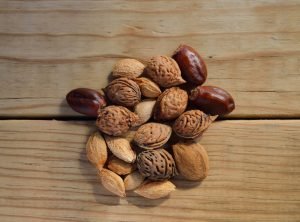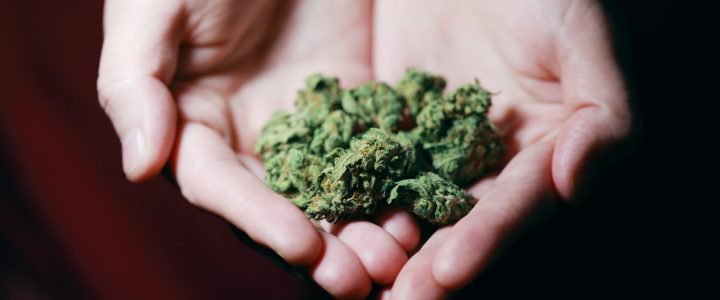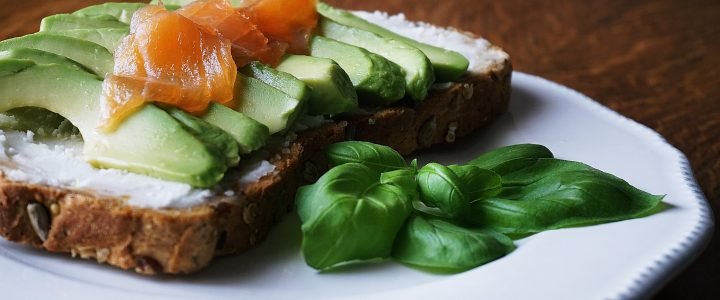
Substance Abuse Among People With a Psychiatric Disorder
People with coexisting substance abuse and mental disorders have a greater tendency to get depressed, suicidal or violent. They are more vulnerable to hospitalisation.
Findings show that the initiation of substance use was mostly motivated by peer influence and the desire to “fit in”. It has been acknowledged that the role of peers has probably the strongest influence on adolescents in the initiation of substance use. The need for peer acceptance may be especially strong during a difficult time of adolescence.

The concept of being “good enough”
Being imperfect is human. Striving towards perfection takes us further away from what is genuine and real. Our cultural structure promotes the hight pressure for perfection. Feeling of not being enough is rampant in our society that promotes competition, quick fix and continual progress taking away living an authentic life.

Resilience
Resilience as an individual’s ability to preserve psychological wellbeing in spite of being exposed to adversity. Resilience indicates strength to overcome, adapt to or avoid disadvantageous circumstances, bouncing back after inordinate stress.

Separation Anxiety
Separation anxiety (SA) can be experienced by anyone and at any age, when a needed/loved person is absent, however the roots of separation anxiety lie in infancy. How it is managed depends on the person’s mental structure and attachment history.

Heavy Alcohol Use and Depression
Numerous studies show a link between heavy alcohol use and depression. Among hazardous drinking men and women there are lower levels of positive affect and higher levels of depression and anxiety. Depressive symptoms are associated with numerous drinking variables. Especially, drinking to get drunk, frequency of intoxication or consuming higher amounts of alcohol per occasion. Heavy drinkers are more likely to be depressed, compared to light drinkers.

Vitamin D And Mood Disorders
Vitamin D plays an important role in bone health, reducing the risk of developing heart disease. There is a strong link between vitamin D and mood disorders like anxiety and depression.

Magnesium Deficiency And Depression
There is a link between magnesium deficiency and depression. Lack of magnesium causes numerous neuromuscular symptoms such as depression, vertigo, focal seizures, muscular weakness, irritability.

Social Anxiety And Alcohol Use
Social anxiety is frequently associated with problematic alcohol use. It is also correlated with increased drinking in the following high-risk situations such as social pressure, unpleasant emotions or conflict with others. The use of alcohol to enhance positive experiences or in response to negative situations may contribute to the risk of alcohol-related problems amid those with social anxiety.

Vitamin C Deficiency And Stress Related Diseases
Vitamin C deficiency is associated with stress related diseases. Supplementation with ascorbic acid generates antidepressant effect and positively affects mood.

Sleep Deprivation And Anxiety
There is a correlative relationship between sleep deprivation and anxiety. People who are stressed or anxious often experience troubles with sleeping. On the other hand, those who are sleep impoverished would often have difficulties while dealing with minor stressors. Sleep deprivation decreases physical threshold for perceiving and reacting to stress.

Companion Animals and Their Impact on Anxiety
The presence of companion animals can be beneficial on social, physical, emotional and cognitive levels. Human-animal interaction (HAI) reduces stress, gives joy and improves mood. Companion animals can bring out positive emotions and allow people to experience a sense of safety, which successively facilitate regulation of both emotional and psychological states. This results in better physical and mental health a greater resilience to stressors.

Medicinal Cannabis And Anxiety
Therapeutic attributes of cannabis are known and have been used for millennia. Its beneficial effects lead to exploration of cannabinoids, active component of cannabis, particularly tetrahydrocannnabidiol (THC) and cannabidiol (CBD).

Social Anxiety
Being human it is normal to experience social anxiety from time to time. Temperamental differences have an impact on our levels of social discomfort. Social anxiety becomes a problem when it causes excessive suffering or negatively impacts social life or life activities and goals.

Anxiety and Physical Activity
Benefits of regular exercising on health are undeniable. Physical activity is often the first step in lifestyle changes to prevent and manage chronic illnesses. From physiological angle regular aerobic exercises increase levels of serotonin (neurotransmitter that helps to regulate mood, anxiety, improves cognition and memory) and noradrenaline (neurotransmitter that helps to mobilise brain for action, improve energy), similar to the effect of antidepressants.

Mood Disorders and Omega 3 Fatty Acids
Dietary sources of Omega-3 include linseed, flaxseed, soy, corn, canola and nut oils. These plant-derived PUFAs are seen as essential as they cannot be produced internally, and therefore, require to be obtained through the diet. Animal based foods containing Omega-3 acids include fatty cold water fish such as trout, salmon, mackerel, tuna, herring as well as fish oil.
Cross-national studies show negative correlation between seafood consumption and presence of major depressive disorder (MDD), bipolar spectrum disorder, postpartum depression and cardiovascular disease.